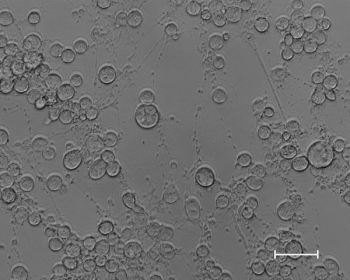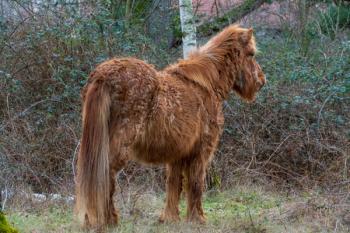
Veterinarians kept a close watch on animals and food at Obama's inauguration
U.S. Army veterinarians saved a horse, monitored dogs, and inspected the food supply.
The success of any major public event is largely the result of dedicated behind-the-scenes personnel who are seldom seen or noticed, but critically important nonetheless. So it was for 13 members of the U.S. Army Veterinary Services from the Washington, D.C., area who provided direct support for the recent inauguration of President Barack Obama. These unsung patriots provided medical support to approximately 150 working dog teams and 215 horses participating in the parade. Additionally, and equally noteworthy, Army veterinary officers provided food safety and defense support for more than 45 inaugural balls conducted over a four-day period as well as for more than 4,000 private vendors.
Working dog teams from the U.S. Secret Service, U.S. Capitol Police, and Department of Defense were heavily employed throughout the inaugural period. The three teams of Army veterinarians provided 24-hour medical coverage and established their base of operations at the U.S. Secret Service training facility at Bolling Air Force Base to avoid the traffic restrictions and congestion.
In spite of the harsh weather and difficult working conditions, no working dog required aid for any serious injuries. However, Mouse-a 10-year-old Appaloosa horse-was startled by a sudden noise and kicked an emergency vehicle behind him, managing to lodge his hoof in the grille of the vehicle.
When Army veterinarians Lt. Col. John Stott, Capt. Jessica Morehouse, and Capt. Amos Peterson arrived at the scene, they discovered Mouse lying on the ground with his hindquarters suspended in the air held in place by the stuck leg.
While most horses would have panicked, causing themselves more severe injuries, Mouse amazingly remained calm. After sedating Mouse, the Army veterinarians dismantled the grille, freed Mouse, and transported him to Prince George's County Equestrian Center, where he is expected to make a full recovery.
Animal medicine was not the only support provided by Army veterinarians. Chief Warrant Officer Bob Coger and I joined the FDA and local health departments in ensuring appropriate hygiene and food processing by the numerous caterers and restaurants, including more than 4,000 vendors selling food to the roughly 2 million people witnessing this historic event.
After the FDA command post was established in nearby Falls Church, Va., several days before the inauguration, Army veterinarians visited numerous food facilities. They also reviewed menus to ensure only low-risk foods were served, and they evaluated hygiene and processing practices to minimize potential for food-borne illness. They made sure out-of-town caterers securely transported food products to prevent intentional contamination. As a result of this effort, no cases of food-borne illness were reported by those who attended the events.
Newsletter
From exam room tips to practice management insights, get trusted veterinary news delivered straight to your inbox—subscribe to dvm360.





